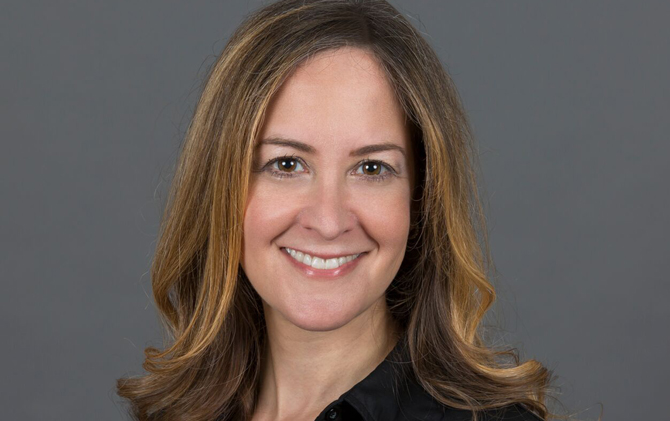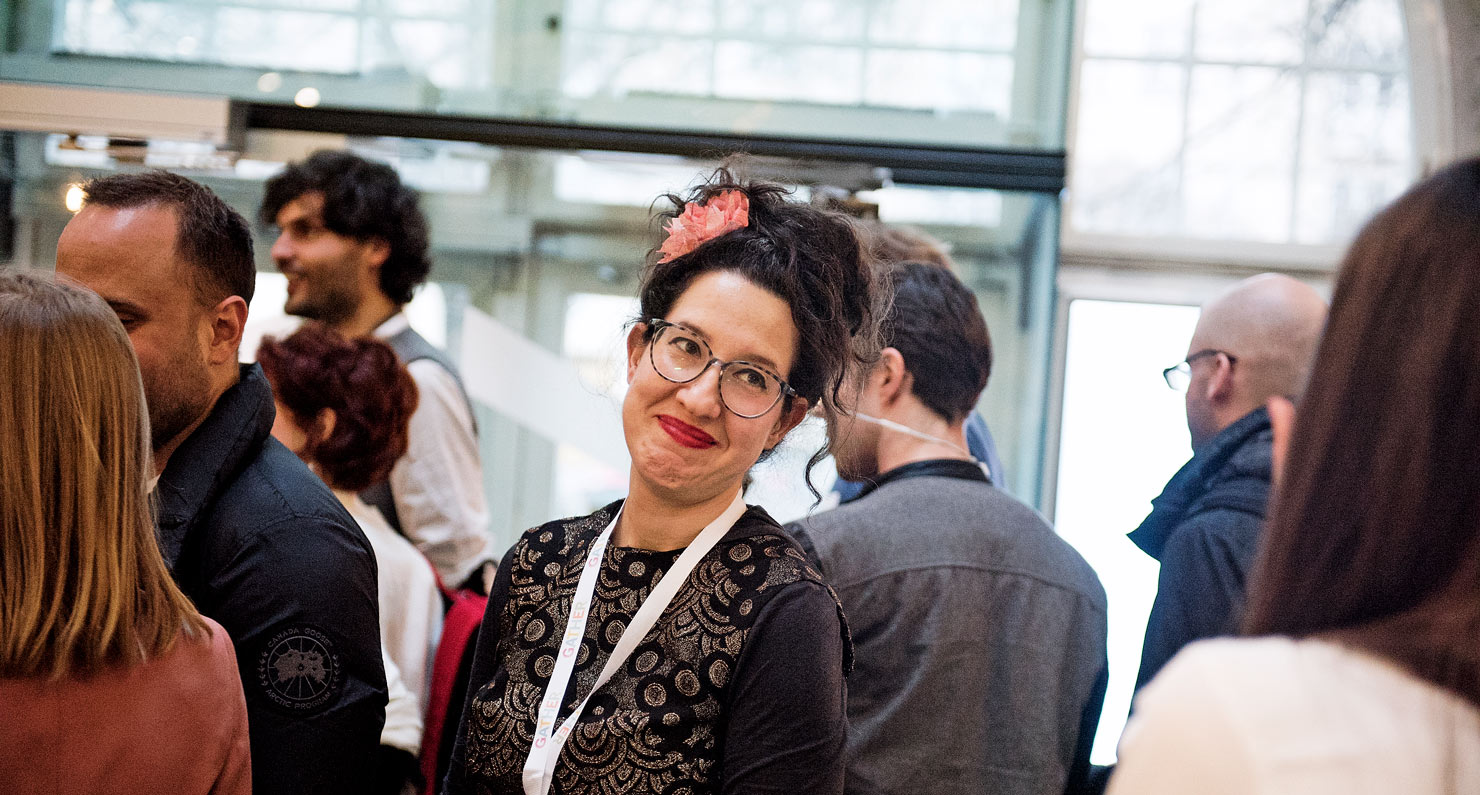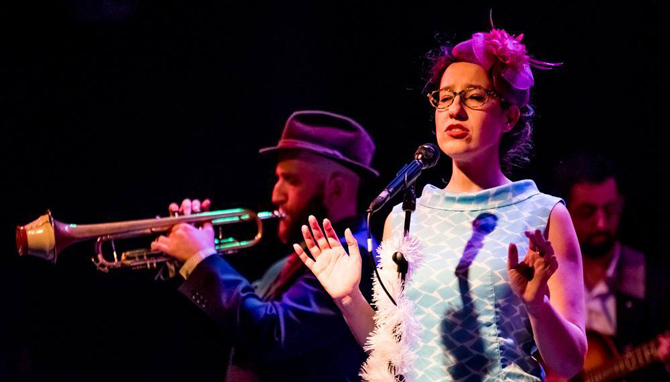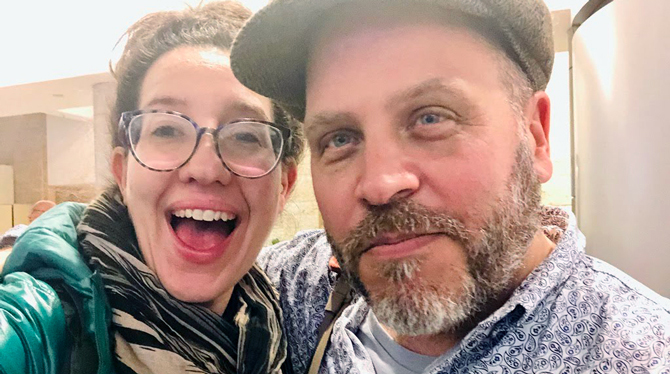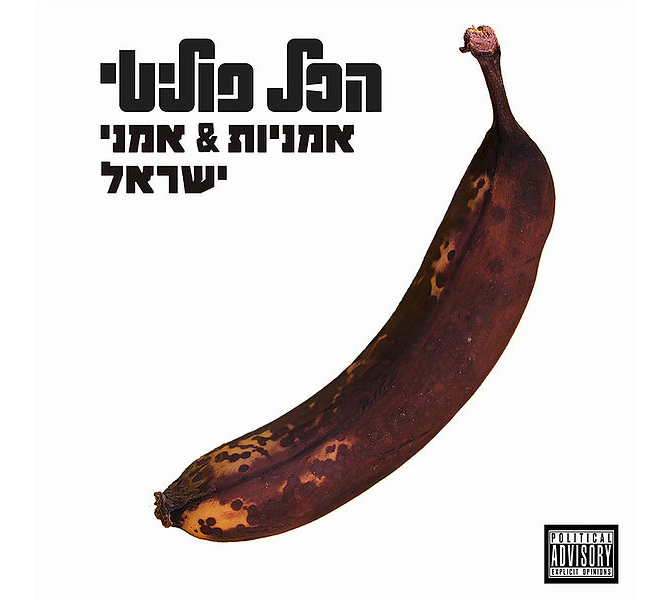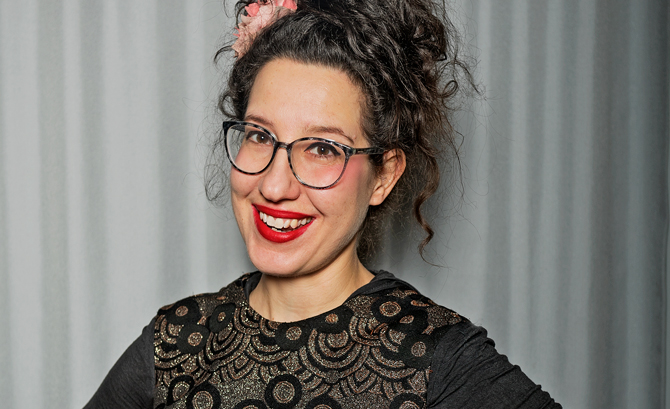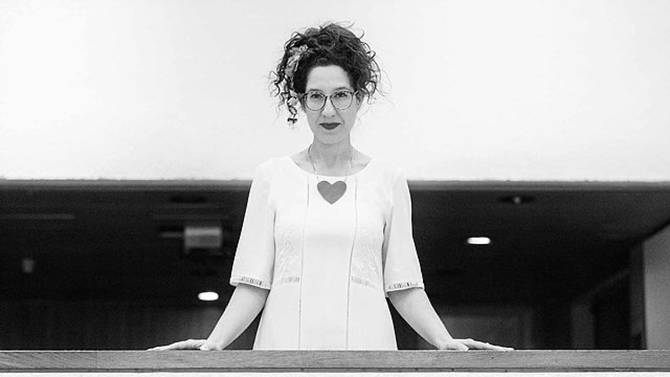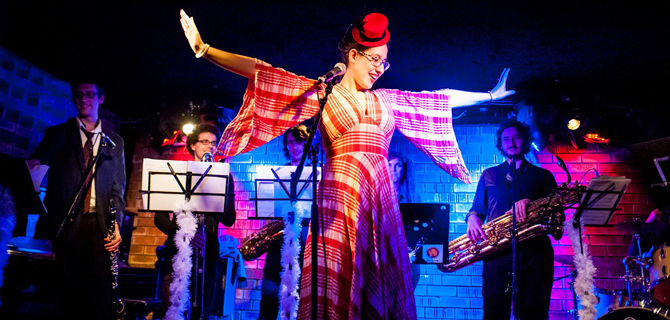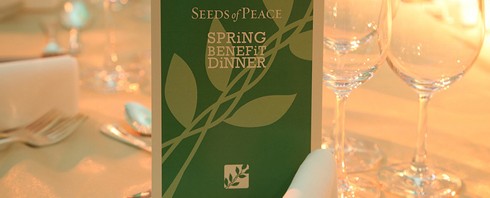Bombings, Assassinations, Incursions—Makes Peace in the Middle East Seem Elusive at Best
BY MARTHA IRVINE | Still, peace is what many say they want more than anything. They include Nada Dajani, a 17-year-old Palestinian, and Maya Zamir, a 15-year-old Israeli. The two young women were among a group visiting a camp in Maine this month in search of understanding between the two sides, and perhaps even solutions.
Their two-week session, which ended Sunday, was the work of Seeds of Peace, a nonprofit, nonpolitical organization that helps young people from regions of conflict learn peacemaking skills. Camp activities included group discussions and an adventure challenge in which campers learned to rely on and trust each other.
Some U.S. students posed questions for Nada and Maya at the AP’s request. The Americans are participating in the Help Yourself Programs at Wisconsin’s Beloit College—a long-term program that helps minority and low-income youth prepare for college. Workshops they have attended included discussions on the Middle East.
From Rachel Chapman, age 16:
Q: Do you feel you’ve had to grow up faster?
Nada: I certainly feel more mature than other teenagers my age. This conflict demands maturity, not innocence, in order to stand up for my rights as a Palestinian and to defend Palestinians, including myself. I have witnessed and experienced things that no person my age or an adult has ever experienced. All those experiences have helped me to grow up faster than anyone my age in other countries.
Maya: I think I grew up faster than what I would have wanted to. I had to go to funerals of people that should not have died. I can’t be free in my own country and go with friends to outings. I don’t want to suspect any other person on a bus, but what can I do? I have to protect myself and open my eyes, so I won’t get hurt. I think every child that is involved in this conflict loses an important part of his childhood, his innocence.
From David Nguyen, age 15:
Q: Do you feel different since Sept. 11, 2001?
Nada: As a Muslim, this incident persuaded me to change people’s opinions about Islam and what it truly is. Seeds of Peace has given me this opportunity.
Maya: The terror attacks that took place in the U.S. Sept. 11 came as a shock to me and to my country. I saw that not only Israel is suffering loses from terror attacks but other countries as well. I was very afraid. I thought to myself if something this big and this horrible is happening to America, just because it’s cooperating with Israel, what may happen in Israel!
From Ashley Bertelsen, age 16:
Q: Why did you decide to attend the Seeds of Peace camp?
Nada: Like many young victims of this conflict, I am fed up with this bloodshed, bitter tears, grief and frustration. I am now strong enough to stand up and shout out that I want to live a normal life in my own country where I can be treated as a human being and where I can live my dreams with people I love like any normal teenager.
Maya: I came to this wonderful camp so I can help my country understand that we are all human beings. I see no end to the conflict as long as the children that are involved hate each other. I want to come back to my country with information and faith so I can speak out to my friends, family and children in general so they understand that life can be much better if we live in peace.
From Benjamin Butz, age 15:
Q: Do you see an end to the conflict?
Nada: I want to live in peace more than anything. I think that I can live with Jews under a Palestinian state. But as long as they want an Israeli state for their own and we want to retrieve our Palestinian state, there will not be an exit unless we were to divide the land into two states.
Maya: I hope the conflict will be solved so that my children in the future will not need to suffer. For this conflict to end, there needs to be an agreement between the two sides. But for this to happen, both sides need to want the peace with all their heart. I know that I want the peace with all my heart and soul so I can live in peace with my fellow campers not only in camp but also in our countries.


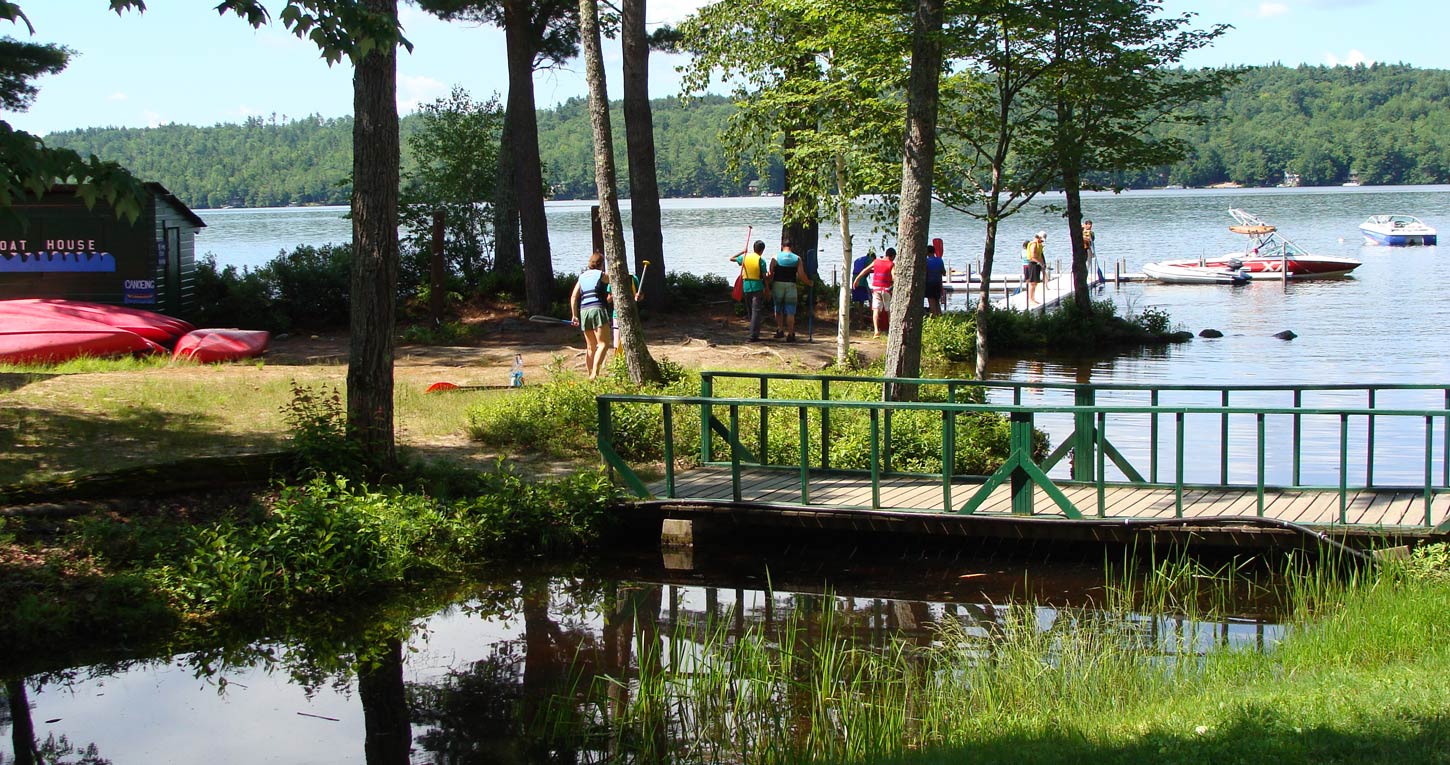

 Interspersed with the dialogue sessions were several rounds of team-building activities, including some spirited and uniquely Seeds of Peace field sports like “Steal the Bacon,” as well as a lively “talent show” of skits and music put on by the Seeds. Another important feature of the event was the presence of several adult Delegation Leaders whose help in conducting events was invaluable. View a short video about the Delegation Leaders program produced by Seed alumni Fatma Elshobokshy.
Interspersed with the dialogue sessions were several rounds of team-building activities, including some spirited and uniquely Seeds of Peace field sports like “Steal the Bacon,” as well as a lively “talent show” of skits and music put on by the Seeds. Another important feature of the event was the presence of several adult Delegation Leaders whose help in conducting events was invaluable. View a short video about the Delegation Leaders program produced by Seed alumni Fatma Elshobokshy. The day began with a tour of the city and a trip to the Museum in Taibe. The Seeds then traveled to a Seed’s home, for a presentation and discussion led by Managing Director and Chief Administrator in Israel, Eyal Ronder, a Ministry of Education official, Rauf Daood, and the head of the Taibe Education Department. A delicious dinner was shared after the successful and exhilarating discussion.
The day began with a tour of the city and a trip to the Museum in Taibe. The Seeds then traveled to a Seed’s home, for a presentation and discussion led by Managing Director and Chief Administrator in Israel, Eyal Ronder, a Ministry of Education official, Rauf Daood, and the head of the Taibe Education Department. A delicious dinner was shared after the successful and exhilarating discussion. On January 11-12, 2009 schools participating in the Model Schools Initiative in Jenin, Bena na’eem (outside of Hebron), Jerusalem and the UNRWA school in Walla Jay (close to Bethlehem) received a visit by Seeds of Peace representatives. The representatives met with principals and teachers at the schools to discuss implementations of techniques, learned at a June workshop in Jenin, current needs and further steps to be taken.
On January 11-12, 2009 schools participating in the Model Schools Initiative in Jenin, Bena na’eem (outside of Hebron), Jerusalem and the UNRWA school in Walla Jay (close to Bethlehem) received a visit by Seeds of Peace representatives. The representatives met with principals and teachers at the schools to discuss implementations of techniques, learned at a June workshop in Jenin, current needs and further steps to be taken. The week’s events were led by Director of Global Programming, Paul Mailhot, as well as Facilitation Training program instructors, Danny Metzel and Farhat Agbariyah. 16 Israeli and Palestinian Seeds worked with ASL kindergarten through high school students regarding conflict resolution tactics. Throughout the week, facilitators were involved in approximately 40 classes.
The week’s events were led by Director of Global Programming, Paul Mailhot, as well as Facilitation Training program instructors, Danny Metzel and Farhat Agbariyah. 16 Israeli and Palestinian Seeds worked with ASL kindergarten through high school students regarding conflict resolution tactics. Throughout the week, facilitators were involved in approximately 40 classes.

